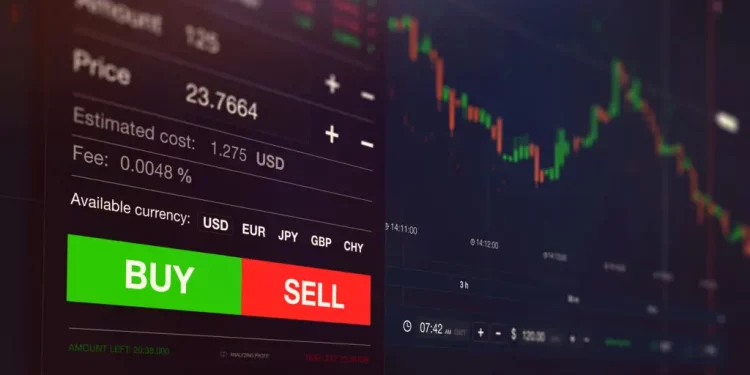Forex trading has become a buzzword among Kenya’s young and ambitious, with many believing it’s the secret to quick riches. Most young Kenyans dive into forex trading with the impression that it offers quick, fast returns. It’s a story echoed around the world: flashy lifestyle influencers posting screenshots of profits, enticing webinars, and broker ads promising financial freedom. This allure, however, often masks the harsh reality—forex trading is, for the majority, closer to gambling than an investment.
Globally, statistics paint a grim picture. Over 70% of retail forex traders lose money. In Kenya, the narrative is no different. These traders are up against professional institutions with access to sophisticated tools, research, and large capital pools that retail traders can only dream of. When small retail traders enter this world, they’re frequently outmatched and outplayed.
Forex trading is, in essence, a transfer of wealth. This transfer doesn’t flow from winning traders to losing traders as one might expect, but rather from retail traders to brokers via fees and to large institutional players who can manipulate the market in their favor.
For example, a currency pair like EUR/USD, one of the most popular pairs traded globally is notorious for manipulation by big banks and institutions (Forex scandal – Wikipedia). These institutions can borrow liquidity at scale and then dump large positions to push prices in their favor, causing smaller traders to lose. This ability to influence the market puts retail traders, especially beginners, at a severe disadvantage.
While the vast majority of retail forex traders lose, a minority do manage to succeed. One key characteristic of successful traders is their longer time horizons. They don’t overtrade or chase quick profits. Instead, they understand the technicalities of the market, invest in proper risk management, and avoid falling into the trap of overtrading.
These successful traders also focus more on other markets, such as indices and equities, rather than solely relying on trading forex pairs. Consistently profitable traders derive most of their returns from indices such as the NASDAQ, DAX, or SENSEX, or through diversified baskets of equities. Unlike currency pairs, which are highly volatile and prone to manipulation, these indices provide more predictable and stable returns over time.
With rising unemployment and economic challenges, many see forex trading as a viable alternative to traditional jobs. For the Kenyan youth looking to forex trading as a get-rich-quick scheme, the reality is far less glamorous. Forex trading is not a golden ticket to wealth but is instead a highly competitive and manipulated market that rewards the patient, the knowledgeable, and those with access to significant capital.
Young traders should instead focus on diversifying their portfolios into indices, equities, and other less volatile assets. With the right education, proper risk management, and realistic expectations, there is still potential for success, but it won’t come overnight or from currency trading alone.

















